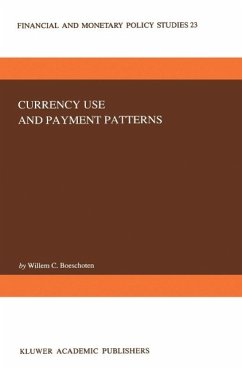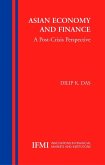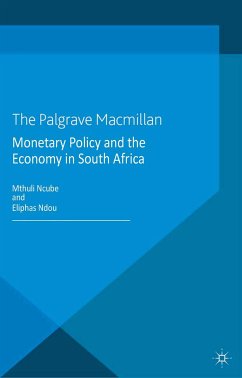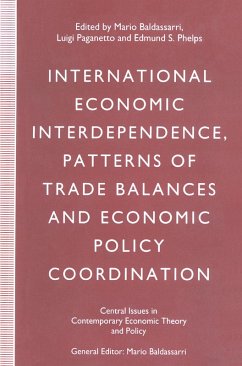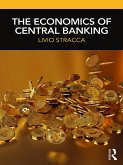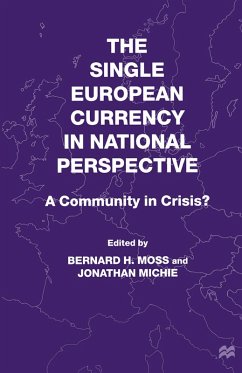Acknowledgements The work underlying this study was performed at the Econometric and Special Studies Department of the Nederlandsche Bank, where many contributed to it. I am indebted to all the statistical assistants of the department, especially to Anja Wouters and Rob Vet for their patient assistance in building up the data sets and analysing the survey data. Also Corina den Broeder rendered devoted and persistent research assistance with respect to the multicountry analysis during her stay at the Bank and I am grateful to Mike Clements of the Bank of England for his careful reading and commenting on that part. My collegues Peter van Els and Carlo Winder made some valuable suggestions. Liesbeth Klein and Coen Collee helped me avoid a number of errors in English, and thanks to the skilful efforts of Marietta Bakker, Gita Gajapersad and Carolien Verhoeven the text looks as it does. Above all, lowe a debt of gratitude to Martin Fase, one of the pioneers in this field of research, for his efforts and contribution to the improvement of this study. INTRODUCTION We seem to be well on the way to a cashless society. Paradoxically, however, the majority of the transactions are still paid in cash even in the most advanced economies. A second paradoxical observation is that, despite the primary and common character of currency, the economic theory on the use of and demand for cash is only rarely supported by empirical evidence.
Dieser Download kann aus rechtlichen Gründen nur mit Rechnungsadresse in A, B, BG, CY, CZ, D, DK, EW, E, FIN, F, GR, HR, H, IRL, I, LT, L, LR, M, NL, PL, P, R, S, SLO, SK ausgeliefert werden.

